We caught up with the brilliant and insightful Kimberly Steele a few weeks ago and have shared our conversation below.
Hi Kimberly, thanks for joining us today. We’d love to have you retell us the story behind how you came up with the idea for your business, I think our audience would really enjoy hearing the backstory.
For 18 years, I was an online college professor. This gave me the flexibility of being home and available for my children as my husband owned his business and was constantly away. I LOVED this and it worked wonderfully for me, until they grew up… and they left me. Just like they were supposed to!
Well, I knew I would be lonely so I hired a career counseling who put me through all the tests. At our first meeting, he came back and said, “Kimberly! Good news! you can do anything.” Great, but not terribly helpful. After several sessions, he had me journaling, envision, prioritizing.. and I was coming up with nothing. Feeling panicked at our last session, I readily agreed to his last suggestion where he asked, “Please talk with these three women. I don’t expect you to do what they do, but you may find inspiration.” I can do that.
The first two women – fantastic! Zero inspiration. The final meeting was with an escrow officer. After talking about regulation, documentation and legal issues, I was uninspired until she offered the hardest part of her job. It was working with seniors. When I asked why she replied, “Because they are in my office every week and they are overwhelmed, confused and people take advantage of them.” Her reply when I asked “Who helps them” was “no one”… Literally, the heavens parted, angels sang and I knew I would be the champion for vulnerable people in transition.
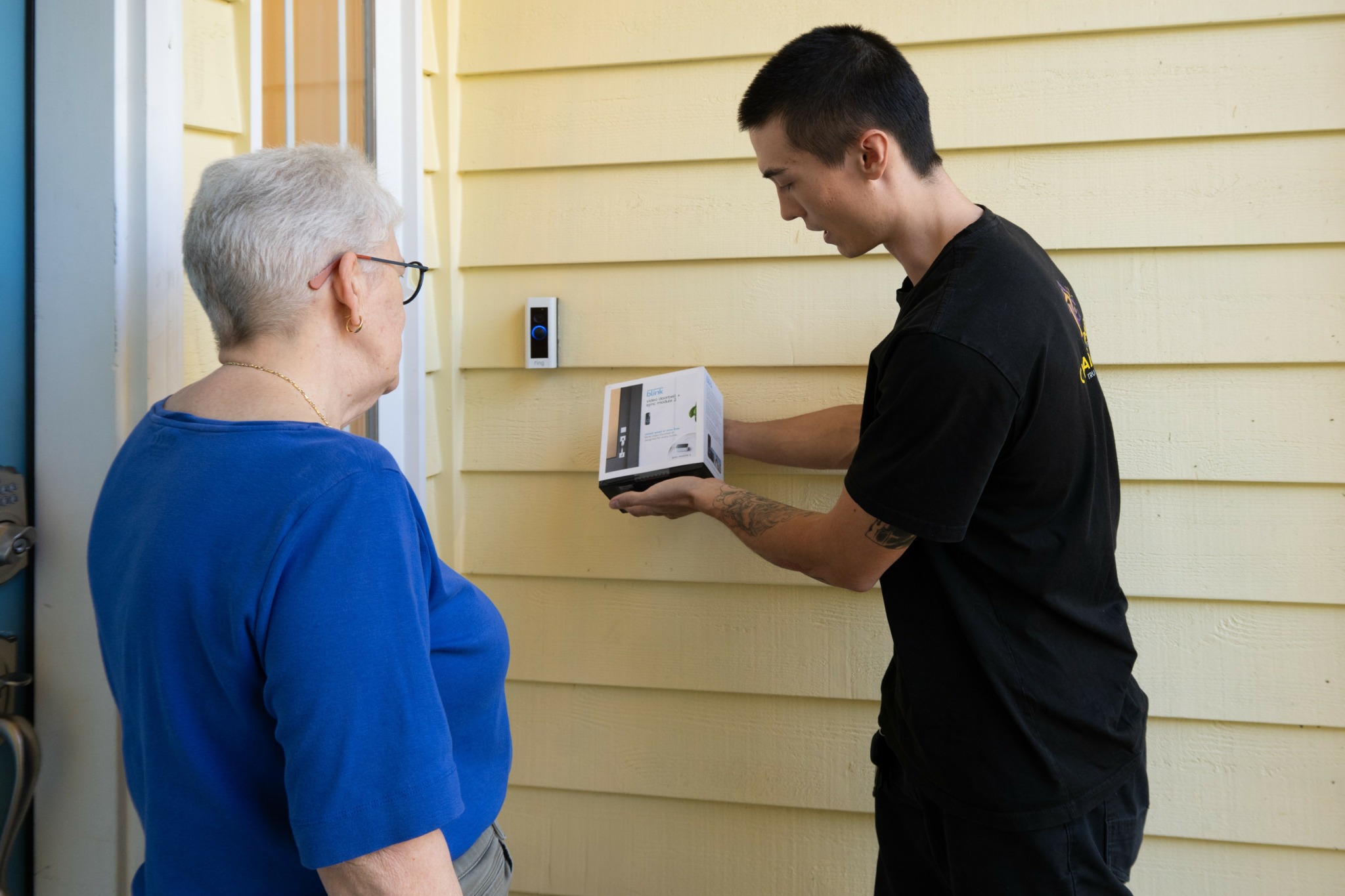
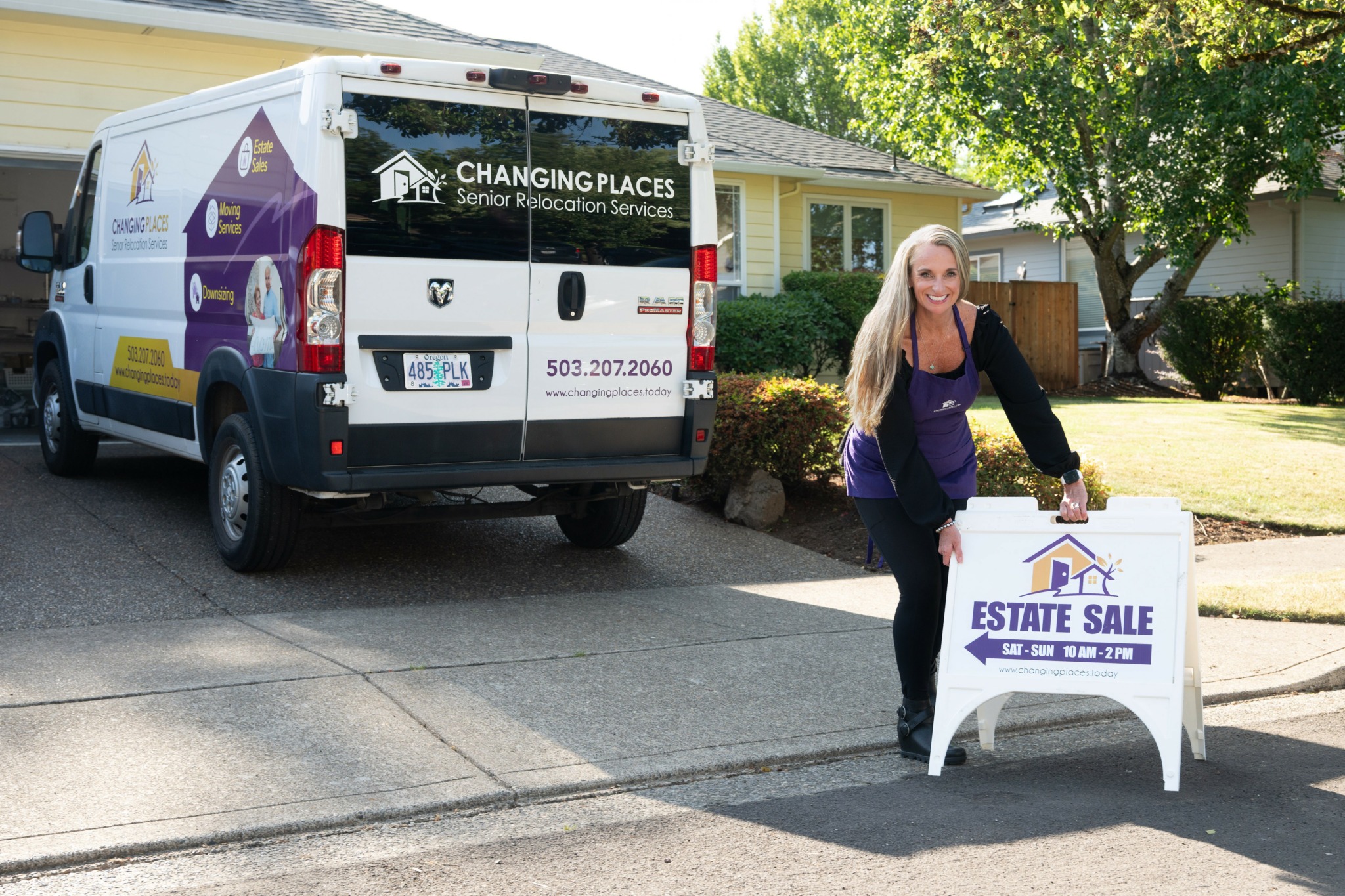
Awesome – so before we get into the rest of our questions, can you briefly introduce yourself to our readers.
At Changing Places, our vision is to be the premier partner for seniors and other vulnerable populations, offering compassionate, tailored, and efficient solutions that empower individuals and families to navigate life’s transitions with confidence and peace of mind. We recognize that every transition carries unique challenges—emotional, physical, and logistical—and we are committed to walking beside our clients with empathy, clarity, and respect at every step.
At the heart of our mission is the foundation of operational excellence. By consistently refining our processes, investing in training, and holding ourselves to the highest standards of professionalism, we ensure that our services are not only reliable but also deeply impactful. We measure success not just in tasks completed, but in the relief, trust, and comfort our clients feel when supported by our team.
Equally important is our culture of mutual respect and collaboration. We believe that when team members feel valued, supported, and inspired, they bring their best selves to the work we do. This culture extends beyond our organization to our clients, families, and community partners—creating relationships rooted in dignity, integrity, and genuine care, sprinkled with contagious optimism.
Together, our shared dedication to client satisfaction drives not only the success of our organization, but also the personal fulfillment and happiness of our team. Each move managed, each transition supported, and each family guided reflects our passion for making a meaningful difference in people’s lives.
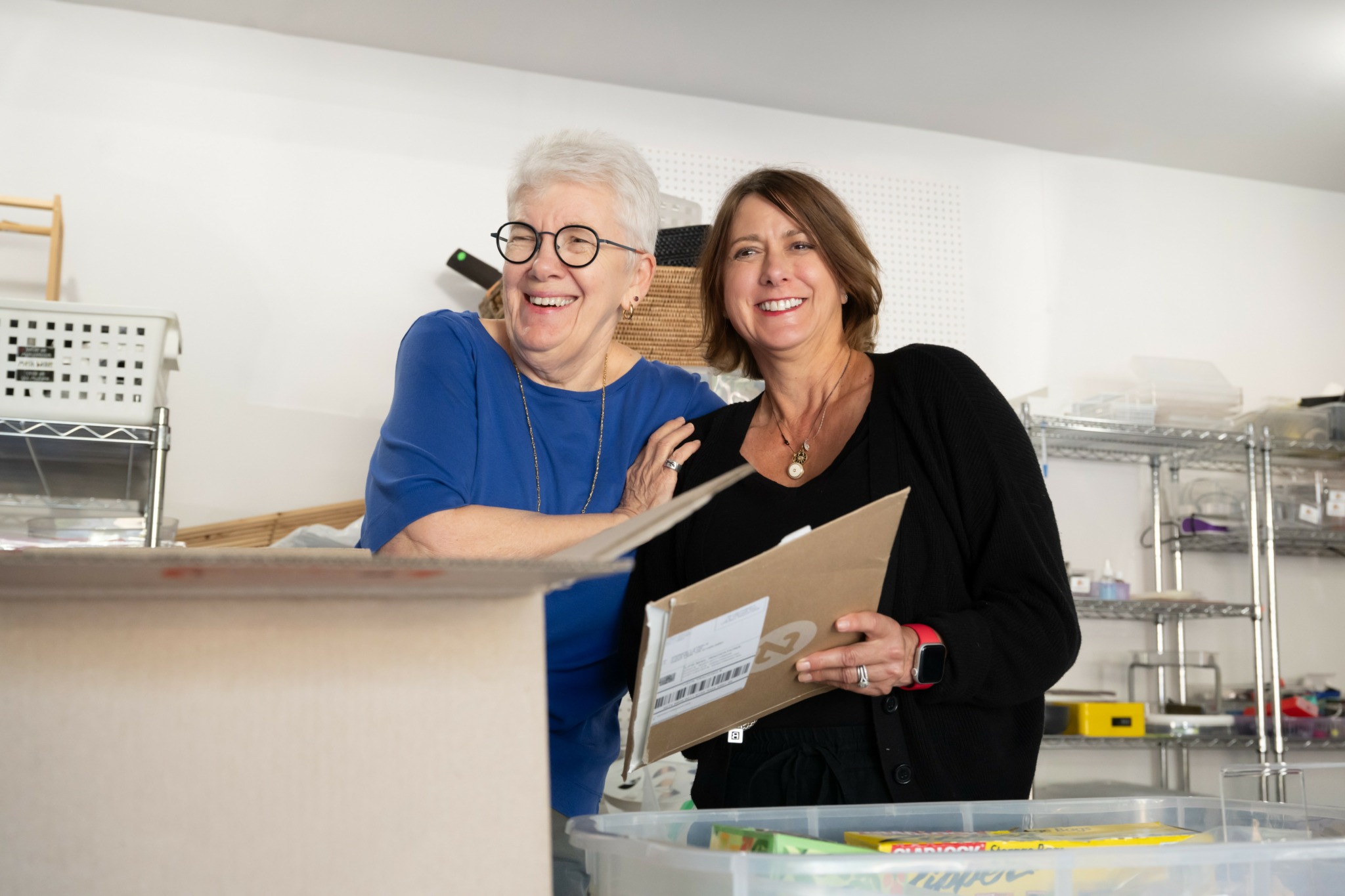
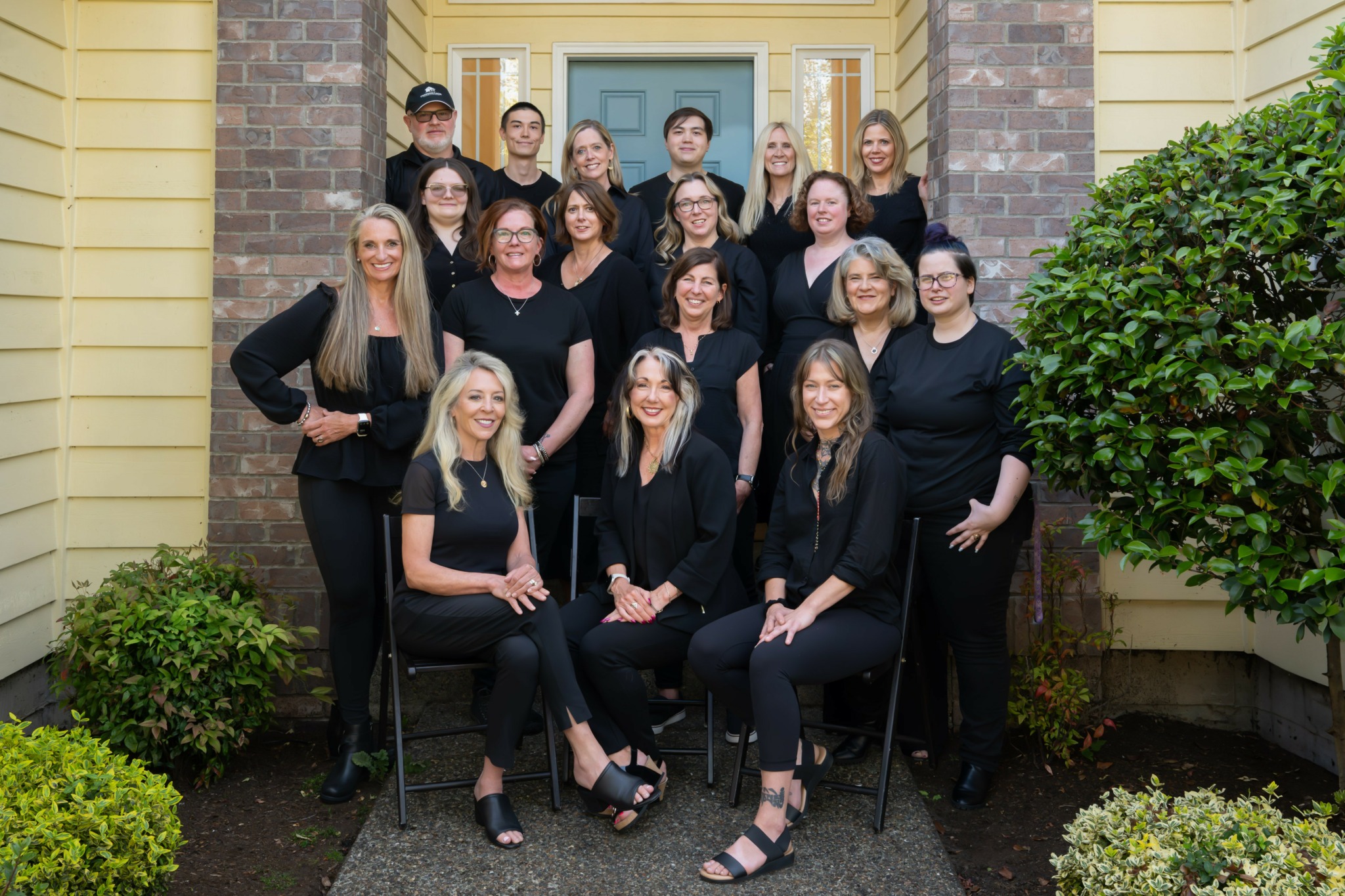
Learning and unlearning are both critical parts of growth – can you share a story of a time when you had to unlearn a lesson?
Perhaps it comes from being my grandmother’s girl, but I have always believed that doing what is right—paired with hard work, compassion, and kindness—will ultimately prevail.
Until it doesn’t.
Recently, our team assisted a senior widow with a complex transition: moving her, conducting an estate sale, and re-homing items through our donation partners. The project spanned several months, as we honored the pace and process she preferred. When she received our invoice, she twice asked me to come by and talk. I did—once even bringing six of our team members she had grown close to.
Both times, however, her demeanor shifted drastically. She lashed out with accusations and insults, dramatically highlighting perceived slights. On the second visit, I chose to remove my team, recognizing that our presence was no longer productive.
Following proper procedure, I worked through my attorney to issue demand letters, but without resolution. My final option was to file a small claims action. Her response was to request a jury trial—a right afforded to her. In consulting with litigators, I learned that pursuing this path would cost me upwards of $40,000 (four times the amount she owed), consume a year of my time, and likely end unfavorably. Despite my thorough documentation and a strong contract, her attorney could argue that I was financially exploiting a senior—an argument juries are predisposed to accept. In fact, I discovered she had done this with four other companies before me.
This experience shook me to the core. I cycled through every emotion before ultimately deciding not to pursue further action. Instead, I chose to view the loss as a form of “tuition”—an expensive but invaluable lesson that has reshaped my processes, protocols, and judgment to better protect both my business and my team.
Most importantly, I have accepted that we cannot always rely on the strength of our contracts or on people to act with fairness. And while I am deeply driven to help as many people as possible, I have learned it is equally important to know when to say no.

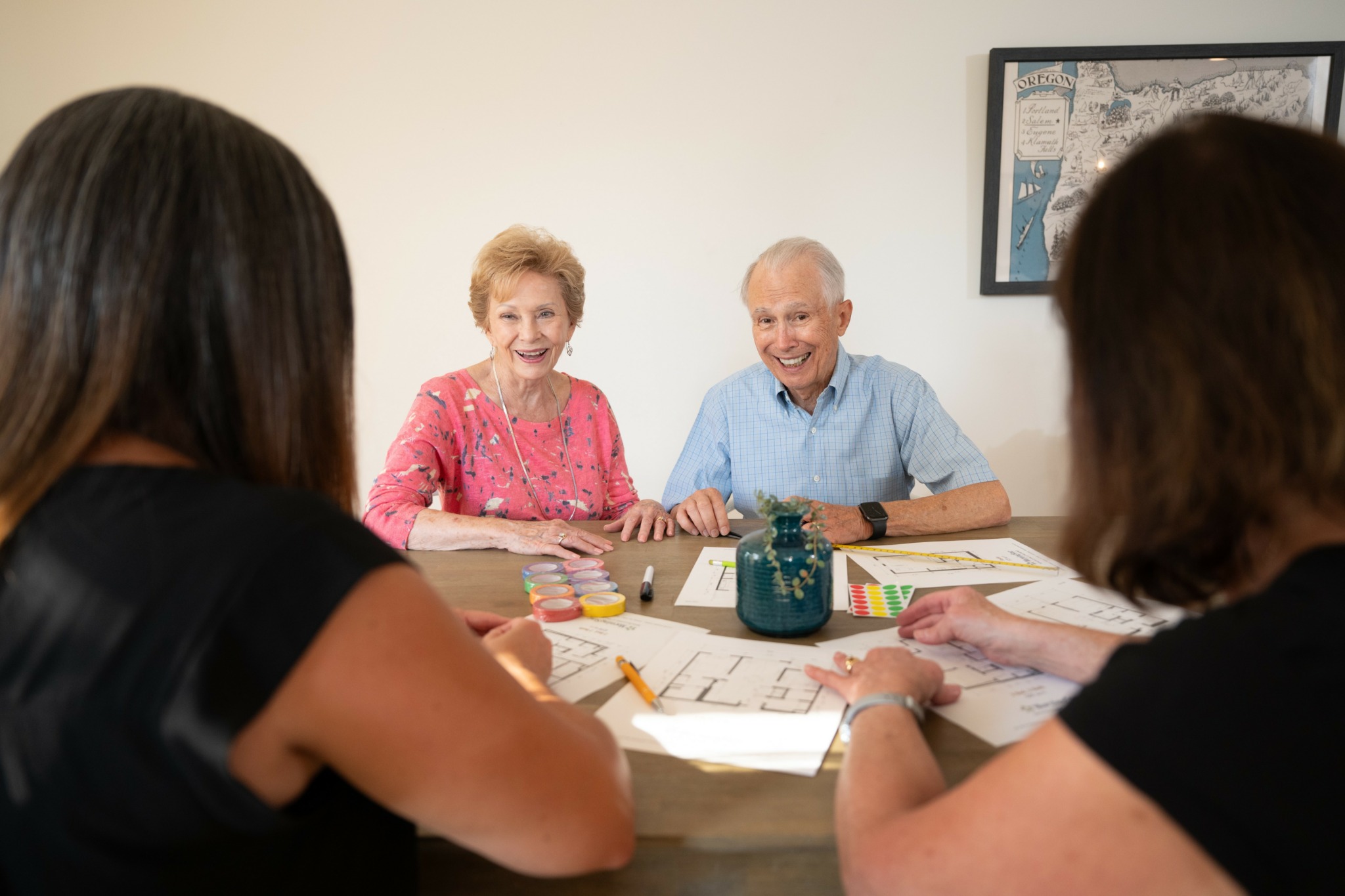
Are there any books, videos, essays or other resources that have significantly impacted your management and entrepreneurial thinking and philosophy?
Two years ago, as our company approached the end of its fourth year, we were facing intense growing pains. It was difficult to pause long enough to think clearly, let alone carve out the time to plan next steps. I was wearing too many hats, dropping too many balls, and burning myself out.
Fortunately, I befriended another business owner in the same industry who invited me to coffee. After hearing my tales of struggle, she assured me she had been there too—and then offered me a recommendation. She told me about a book she revisits every year to fine-tune her processes, and encouraged me to give it a try if I was willing to embrace the concept.
On my way home from that important coffee date, I downloaded the book on Audible and began listening in the car. Traction by Gino Wickman quite literally helped me “get a grip” on my business. By focusing on the six key components of a business and applying the Entrepreneurial Operating System (EOS), I was able to slowly turn around one challenging area at a time.
Since then, I’ve adopted the same practice—revisiting the book annually. Each time it helps me recalibrate, reminds me of actions I may have let slip, and validates that growth is truly a process. At first, I resisted the idea of systemizing a service-based business, thinking it wasn’t possible or practical. But the clarity, predictability, and efficiency that EOS has brought to both me and the team at Changing Places has been a complete game changer.
Contact Info:
- Website: https://www.changingplaces.today
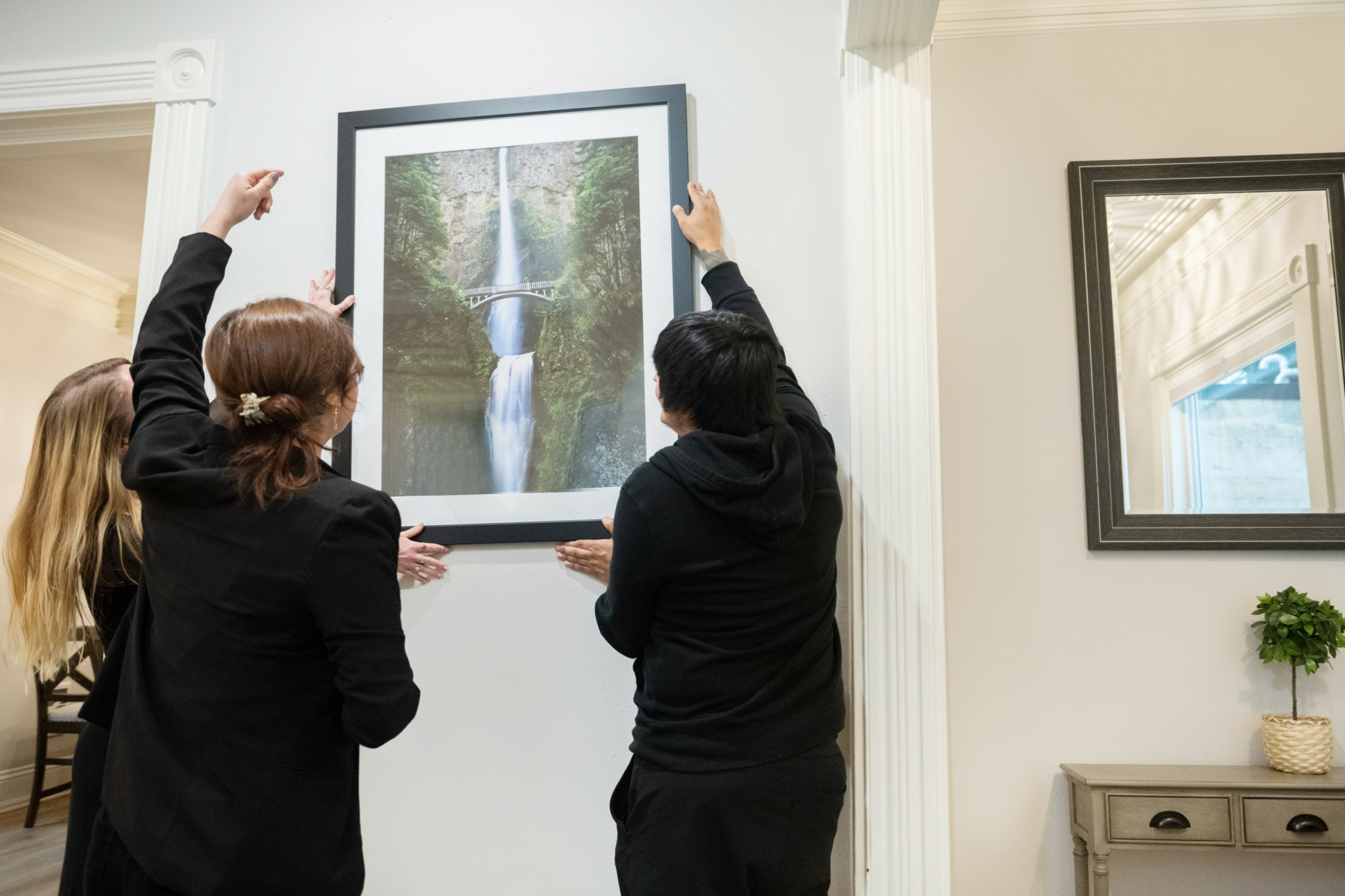
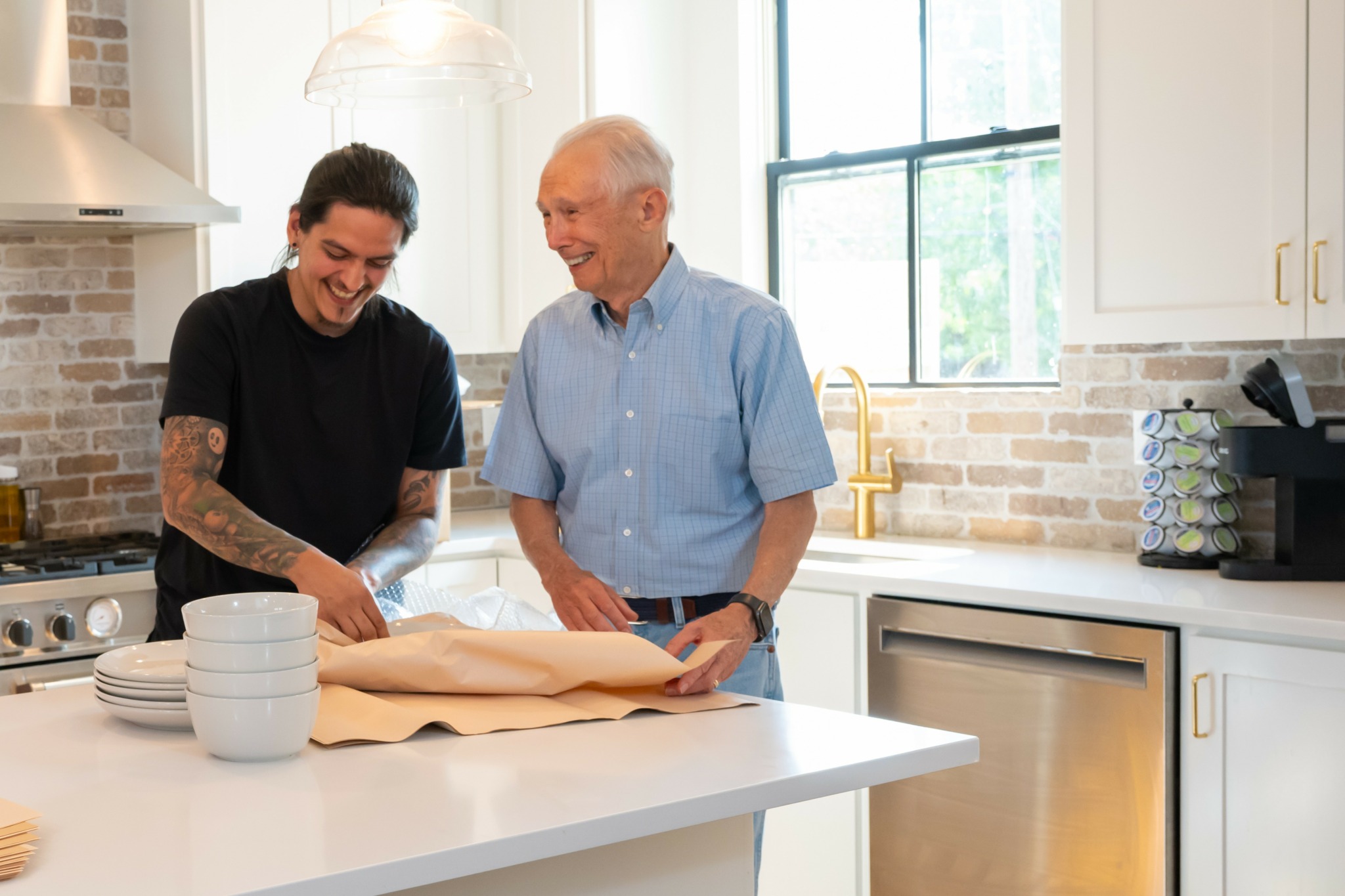
Image Credits
Kelly Mooney Photography


